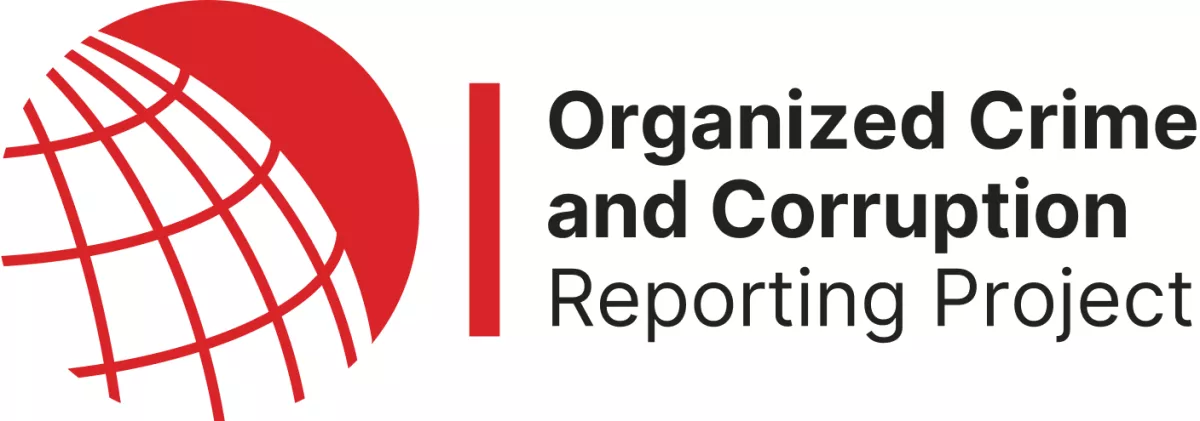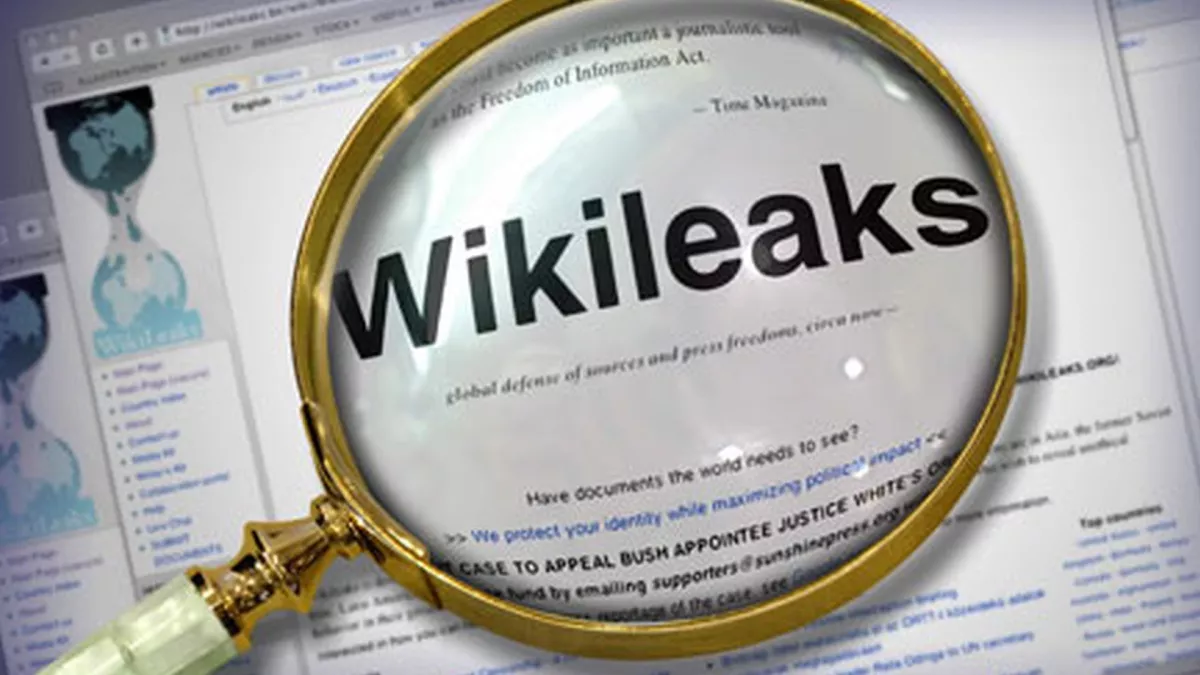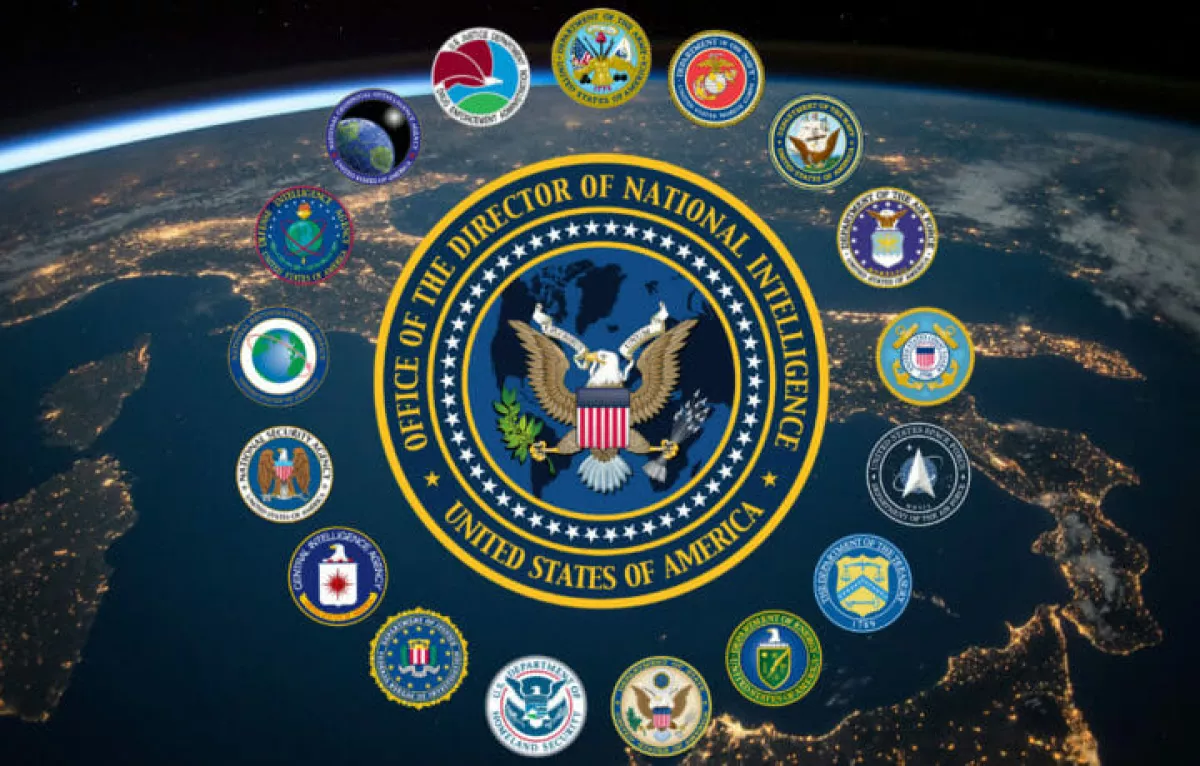OCCRP: Control through the wallet When secrets come to light
The Organized Crime and Corruption Reporting Project (OCCRP) has gained widespread recognition over the years for its investigative journalism. However, perceptions of the organization remain divisive: some regard it as a serious player in exposing corruption, while others criticize it for alleged bias and advancing US interests. But what—or more precisely, who—actually drives OCCRP's activities?
A recent sensational investigation, conducted by a consortium of international journalists including Drop Site News, Mediapart, Reporters United, the Italian outlet Il Fatto Quotidiano, and the German public broadcaster NDR, unveils the organization's funding mechanisms. The findings cast doubt on its editorial policies, highlighting overlaps between the subjects of its publications and US geopolitical interests.
Moreover, during the investigation, the German public broadcaster NDR, upon realizing the extent of OCCRP's funding from the US government, decided to suspend further collaboration with the organization. This decision was confirmed in a letter from the broadcaster's senior editor. Similarly, a representative of The New York Times, which had previously collaborated with OCCRP, stated that the organization had not disclosed information about the nature of its funding to the newspaper.
Who pays the piper calls the tune
One of the key findings of the investigation is that over half of OCCRP's budget is funded by the U.S. government. Between 2014 and 2023, agencies such as the United States Agency for International Development (USAID) and the State Department allocated at least $47 million to the organization. These funds accounted for 52% of OCCRP's total financing during the period. In certain years, such as 2016, the share of US funding reached as high as 63%. In other words, the organization’s primary donor is the US government, and it is only natural to expect that OCCRP’s stance would align closely with Washington’s policy line.

Interestingly, in the early stages of the investigation, OCCRP dismissed these claims. However, its leadership later acknowledged the significant funding received from the US, asserting that it has "no right to interfere with the editorial policies and process of OCCRP." Further analysis, however, suggests that such dependence inevitably impacts OCCRP's priorities.
OCCRP also receives funding from other Western governments, including the UK, France, the Netherlands, Sweden, and Denmark. Yet, the scale of contributions from these countries is incomparable to US investments, which constitute the vast majority of the budget.
Particularly noteworthy are the remarks of Michael Henning, a former State Department official. In an interview with NDR, he openly stated that securing funding for organizations like OCCRP was easy since their missions aligned with US interests.
"This is the beauty of the Cold War. It didn't matter, you know, as long as you could identify our national security interest, all of a sudden there was money to feed babies," said Henning.
One of the most alarming revelations is the US State Department's authority to approve OCCRP's key personnel. Shannon Maguire, formerly with USAID and responsible for overseeing OCCRP grants, confirmed in an interview with the journalistic consortium that the organization's funding comes with numerous restrictions. She revealed that the federal government can veto key staffing decisions, including senior editorial roles, as well as the "annual work plan."
"If OCCRP needs to change key personnel, for example, the chief of party, which is Drew Sullivan, then they submit a request with a resumé and we review it and say, okay, this, you know, we approve your nominee for a new chief of party or whoever it is,'" she explained.
It is also worth citing the words of former OCCRP board member Lowell Bergman, the renowned investigative journalist famously portrayed by Al Pacino in the film The Insider. Bergman told reporters that after discovering the organization's ties to the US government, he left the board in 2014.
"I was overwhelmed with my commitments elsewhere. It was also then that I became aware of the U.S. government involvement. Because that was clearly a complicated issue, I expressed my concern to Drew Sullivan and others, and respectfully stepped off the board," Bergman explained.

The focus of investigations: Alignment with US geopolitical interests
The geography and themes of OCCRP's investigations also raise many questions. The majority of its publications focus on corruption and criminal schemes in countries that are, to varying degrees, in opposition to the US: Russia, China, Iran, as well as nations in Central and Eastern Europe. At the same time, cases of corruption within the US, its allies, or American corporations are rarely investigated, either due to irrelevance or political inappropriateness.
An editor from Latin America, who collaborated with OCCRP, told Drop Site News: "OCCRP doesn't have to provide the USG with any info to be useful to them. It's an army of ‘clean hands’ investigating outside the U.S."
He added that the organization's focus is exclusively on "foreign corruption." "If you're getting paid by the USG to do anti-corruption work, you know that the money is going to get shut off if you bite the hand that feeds you. Even if you don't want to take USG money directly, you look around and almost every major philanthropic funder has partnered with them on some initiative and it gives the impression that you can only go so far and still get funded to do journalism."
One of the most notable criticisms of OCCRP concerns its selective approach to topics, as highlighted in the investigation. Why does this organization, which positions itself as a champion of anti-corruption, avoid examining instances of financial misconduct within the United States itself? The state of Delaware, which has become a symbol of global tax havens, remains outside its focus. Not a single significant publication has been made about it, despite the massive scale of financial opacity in Delaware, which is truly astonishing. Doesn't this warrant attention, or is it just considered "something else"?
It is also worth emphasizing that the first major subsidy for the creation of OCCRP came in 2008 through a division of the US State Department—the Bureau of International Narcotics and Law Enforcement Affairs (INL), which deals with transnational crime prevention. A grant of $1 million was provided through a legal entity, registered (attention!) in Delaware—an organization called the Journalism Development Group. The management of the grant was transferred to the US Agency for International Development (USAID), which, according to the investigation, helped OCCRP adapt its applications for funding.
It was in this state that the structure for managing OCCRP’s financing was established, raising additional questions about the transparency of the organization’s formation and its links to financial flows typical of such jurisdictions.

WikiLeaks vs OCCRP: A contrast in independence
A comparison between OCCRP and WikiLeaks, conducted by the authors of the investigation, clearly highlights the fundamental differences in their approaches and, when viewed more broadly, in their goals and missions. WikiLeaks, which became a symbol of global transparency, released significant leaks such as "Cablegate" and the "Iraq War Logs," challenging the interests of the leading global power—the United States. Julian Assange’s actions, despite all the controversy, became a symbol of the fight against war crimes and systemic corruption, inevitably leading to his persecution, almost as if he were a war criminal.
In contrast, OCCRP, despite its declared commitment to journalistic independence, demonstrates a selective approach. Its investigations predominantly target states that do not align with US interests: Russia, China, and others—countries that conveniently fit into the "good versus bad" narrative.
Can an organization so selective in its choice of targets claim the trustworthiness of an unbiased champion of truth? While WikiLeaks sacrificed itself for principles, OCCRP, in contrast, prefers a comfortable existence within the safe boundaries of what is permissible. Can one be truly independent if they operate within the framework set by a global superpower? The answer to this question is key to understanding the true nature of OCCRP.
OCCRP as a tool of US soft power
Today, OCCRP operates not so much as a media project, but as a tool of informational influence, forming part of the United States' soft power strategy. The project "Balancing the Russian Media Sphere," funded by the State Department, clearly outlines its priorities: weakening Russian media and shaping a one-sided information agenda in the region. Between 2015 and 2019, the US State Department allocated $2.2 million to OCCRP for the implementation of this project. Furthermore, according to data published by Drop Site News, OCCRP actively collaborated with the State Department on projects such as "Russian Asset Tracker," receiving substantial grants for these initiatives.
Can such targeted influence be considered independent journalism?
However, representatives of US government agencies do not hide the "practical benefits" of collaborating with journalists. "People are more likely to share information with journalists than with government representatives," said one of the participants in the projects for the international journalism consortium. This candid comment illustrates how OCCRP essentially becomes an informal data-gathering tool, working in parallel with official structures.
Integrated into the architecture of foreign policy pressure, OCCRP not only blurs the lines between journalism and propaganda but has also transformed into an instrument of influence.

Affiliation with intelligence services
The history of OCCRP’s founding also raises legitimate doubts about its true goals, objectives, and nature of activity. The support from US intelligence agencies and diplomatic bodies during its formation is difficult to view as coincidental—let’s not even consider that as an option, especially since "serious people don't believe in coincidences." The admission by one of the investigation participants that the creation of OCCRP was a continuation of the practice of using journalists to "promote democratic values" only strengthens suspicions that the organization was conceived as something more than a journalistic initiative. However, as Jerzy Lec once said, "it's a shame to suspect, when you are quite certain."
Conclusion: A tool of external pressure disguised as journalism
OCCRP, while cloaking itself in the fight against corruption and organized crime, actually functions as a tool of external pressure, with its activities fully aligning with the geopolitical interests of its donors, primarily the United States. The US pays—and orders the music—while unwelcome musicians are simply cast aside. The financial dependence on the US State Department, the selective approach to investigative topics, and the exclusion of issues involving corruption within the U.S. itself not only cast doubt on the sincerity of the organization’s claims to independence but also compel us to view OCCRP much like the party committee meetings of the mid-80s. Therefore, OCCRP should be seen not as an independent journalistic platform, but as part of a broader global strategy of external pressure on states that are inconvenient for the West, as confirmed by the investigation conducted by the international journalists' consortium.








